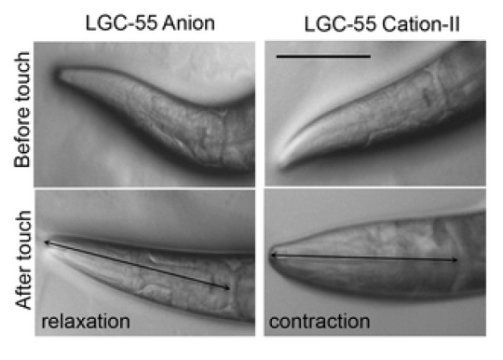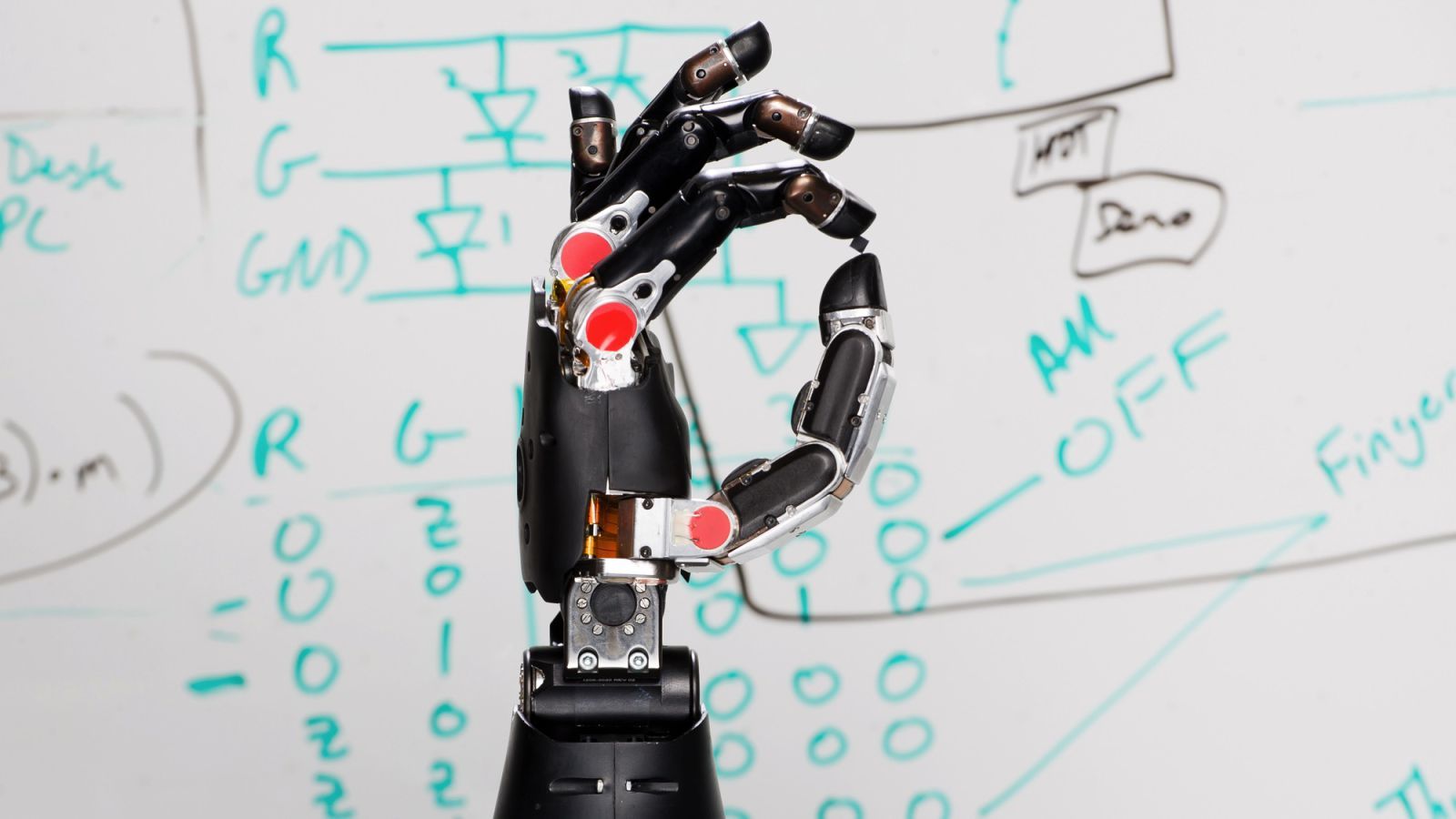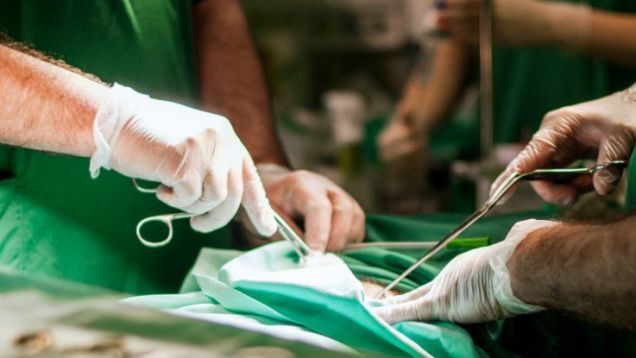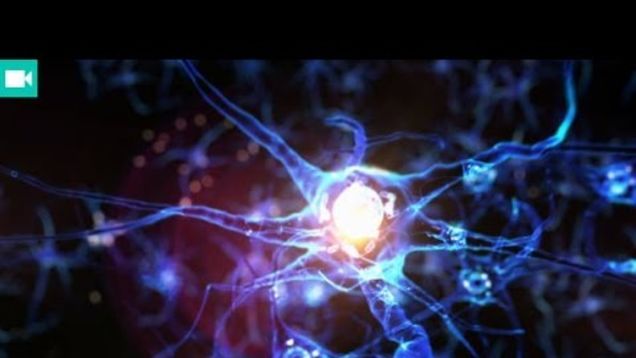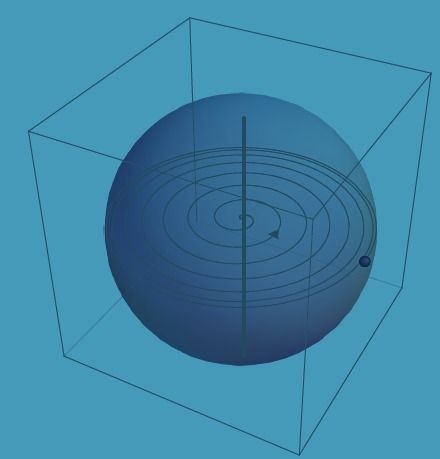Sep 13, 2015
Changing behavior through synaptic engineering
Posted by Aleksandar Vukovic in categories: biotech/medical, engineering, neuroscience
Researchers at the University of Massachusetts Medical School are the first to show that it’s possible to reverse the behavior of an animal by flipping a switch in neuronal communication. The research, published in PLOS Biology, provides a new approach for studying the neural circuits that govern behavior and has important implications for how scientists think about neural connectomes.
New technologies have fueled the quest to map all the neural connections in the brain to understand how these networks processes information and control behavior. The human brain consists of 1011 neurons that make 1015 connections. The total length of neuronal processes in the human brain is approximately 4 million miles long, similar in length to the total number of roads in the U.S. Along these networks neurons communicate with each other through excitatory and inhibitory synapses that turn neurons on or off.
The neuronal roadmap, or connectome, however, doesn’t include information about the activity of neurons or the signals they transmit. How stable are these neural circuits in the brain? Does their wiring constrain the flow of information or the behaviors they control? The complexity of the human brain makes it almost impossible to address these questions.
